SMU Experts: The Gulf of Mexico Oil Spill
As efforts to plug the leak in the blown-out Deepwater Horizon well continue, government estimates show it is the worst spill in U.S. history. SMU experts on the petroleum industry, economics and politics stand ready to provide commentary on the worsening situation in the Gulf of Mexico.
National media outlets, including The Washington Post, The Los Angeles Times, The Christian Science Monitor and Reuters, recently have featured expert commentary from SMU faculty about the Gulf of Mexico oil spill. In addition, an upcoming Discovery Channel special on the crisis is expected to include analysis from SMU.
SMU experts on the petroleum industry, economics and politics stand ready to continue to provide commentary on the situation and the related consequences. Contact SMU News and Communications by e-mail at news@smu.edu or at 214-768-7650 to schedule interviews with these experts.
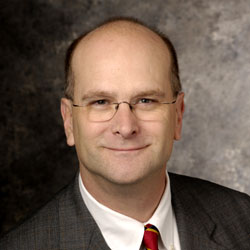 |
Bruce Bullock, director of SMU's Maguire Energy Center, recently talked with The Washington Post about what went wrong at the BP site, saying ""They had the least unknowns about the well than at any other stage in drilling the well." And in a later interview, talking about efforts to plug the leak, he said, "There's a hole, but it's kind of like pushing toothpaste through an obstacle course." |
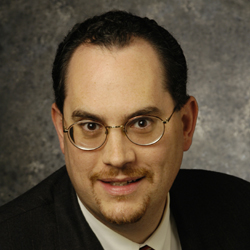 |
Matthew Wilson, a political scientist from Louisiana who specializes in public opinion, elections, and religion and politics, says, "It has become a potentially very damaging situation for President Obama. Much like President Bush with Hurricane Katrina, no reasonable person blames him for the disaster itself, but the seemingly casual, "business as usual" nature of his response has infuriated people along the Gulf Coast. This also presents a political opportunity for Louisiana Gov. Bobby Jindal, who is thought to have national aspirations." |
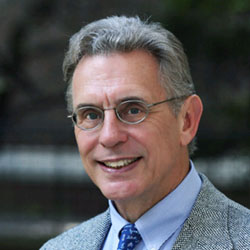 |
John Lowe, a law professor and author of Oil & Gas Law in a Nutshell, specializes in understanding the Byzantine regulations governing oil and gas production, offshore and on solid ground. Weighing revenue generated by offshore oil drilling against the massive costs of the BP oil spill, he can explain how oil and gas regulations give state and federal government agencies a percentage of the profits. Hear his interview with NPR on how oil and gas leases work. |
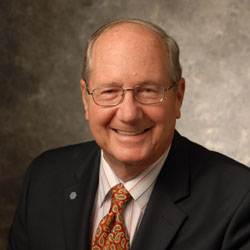 |
Bernard Weinstein, an economist and associate director of SMU's Maguire Energy Institute, says that President Obama's moratorium on all new offshore drilling is a bad idea. "While the moratorium on drilling may make for good politics, it constitutes bad economics. With the global economy growing again and oil supplies tight, sizable increases in the prices of crude, gasoline and diesel can be anticipated." Read more. |
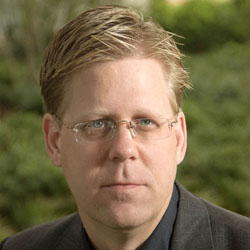 |
Geoffrey Orsak, dean of SMU's Lyle School of Engineering, is a member of the National Petroleum Council, which advises the U.S. secretary of energy on oil and natural gas issues. "We are all culpable. We all want that oil. We don't want to make the personal sacrifices necessary so that we don't have to drill 5,000 feet down. Ultimately it comes back to us, not just BP," he recently told The Dallas Morning News. |
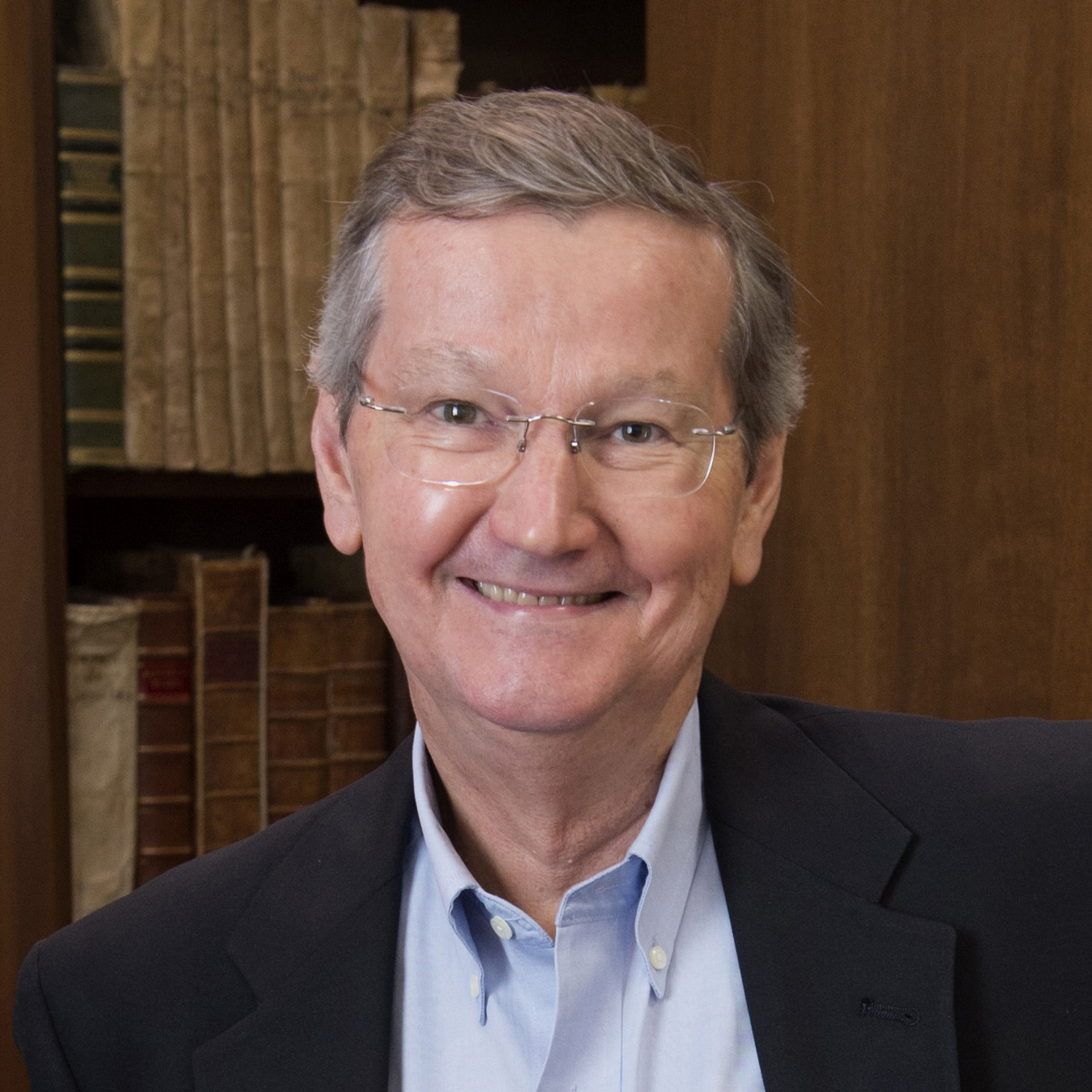 |
As the leak continues, the political fallout grows. SMU Political Science Professor Cal Jillson, an authority on regional and national politics, can provide insight into what this means for the Obama administration and the mid-term elections. |